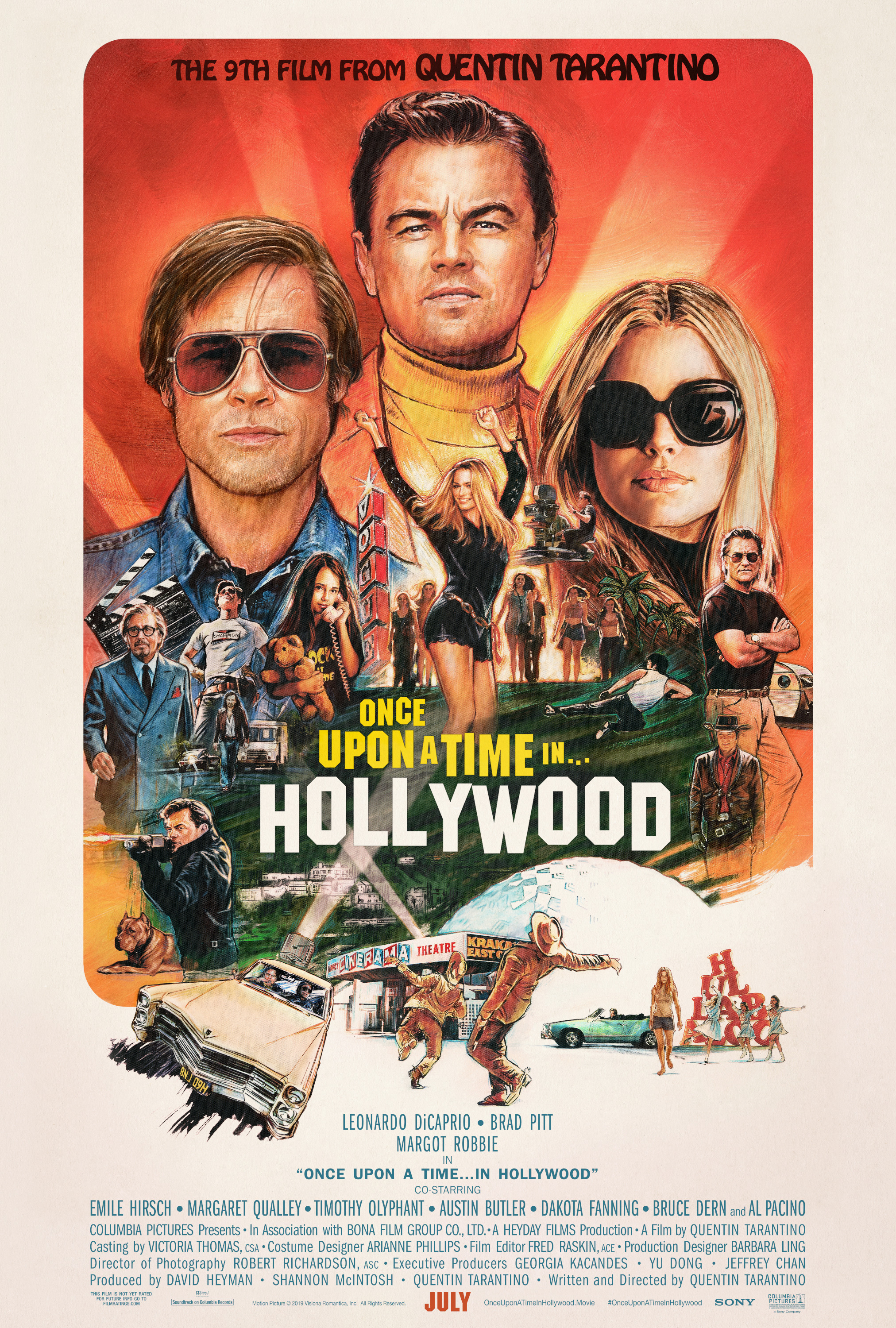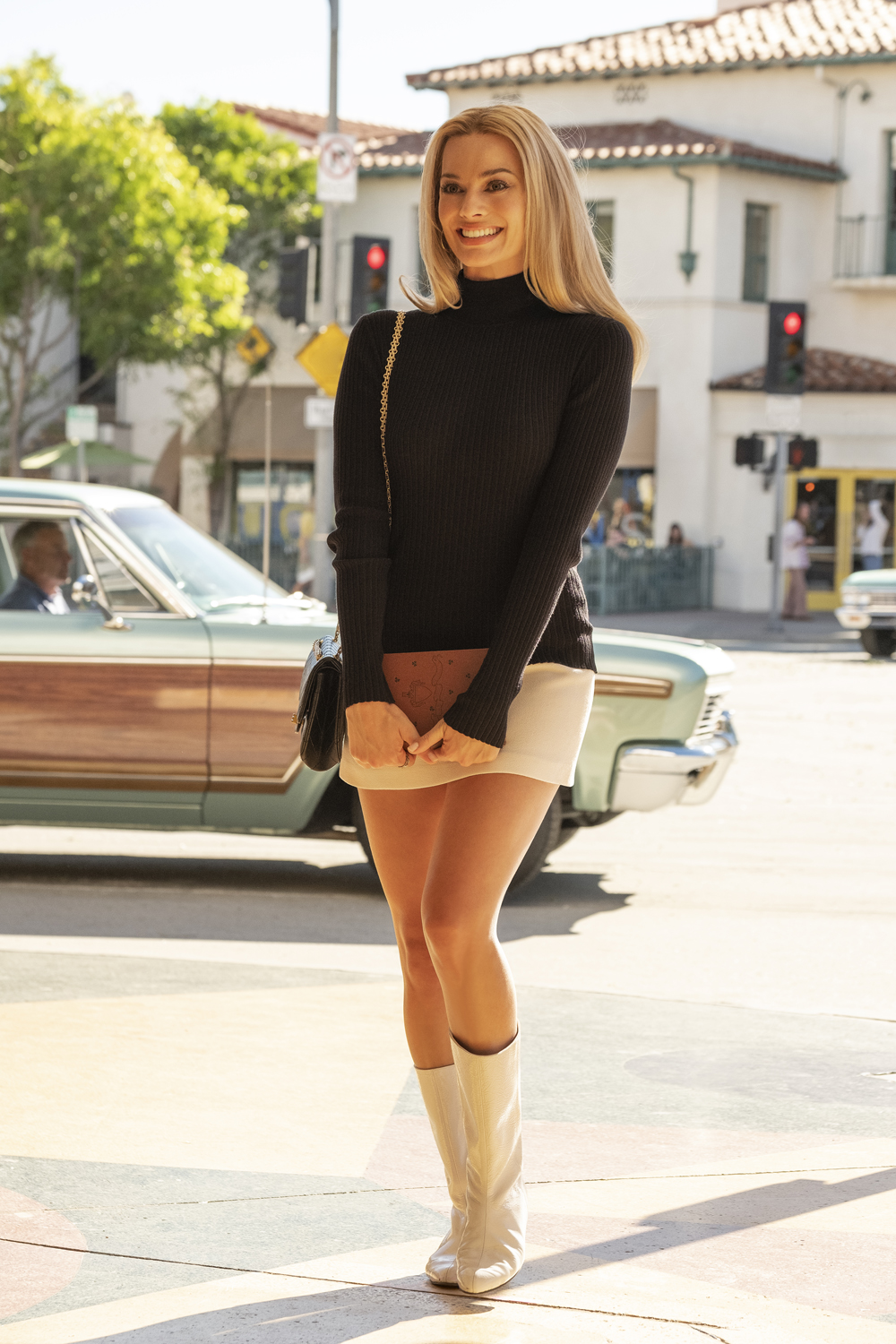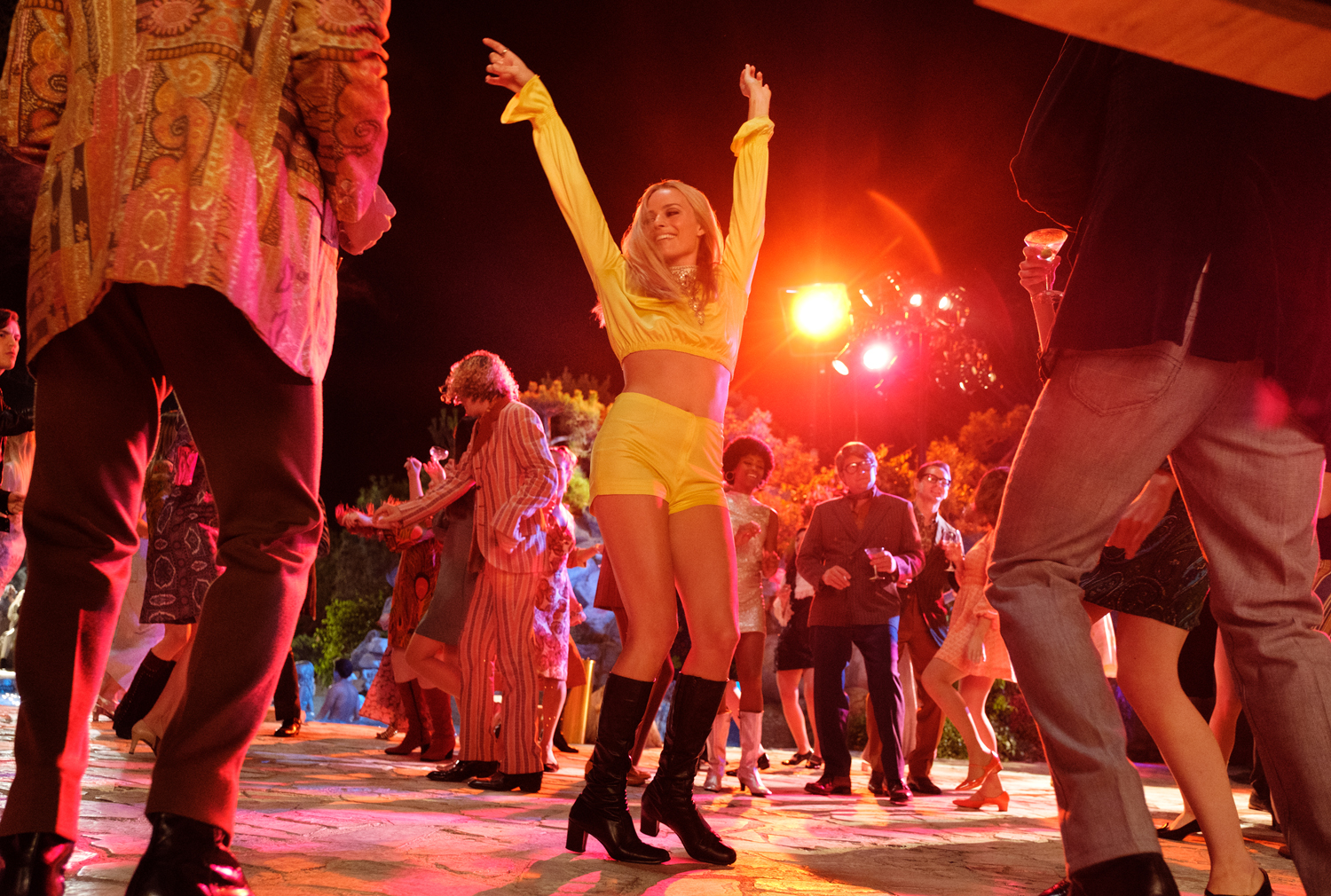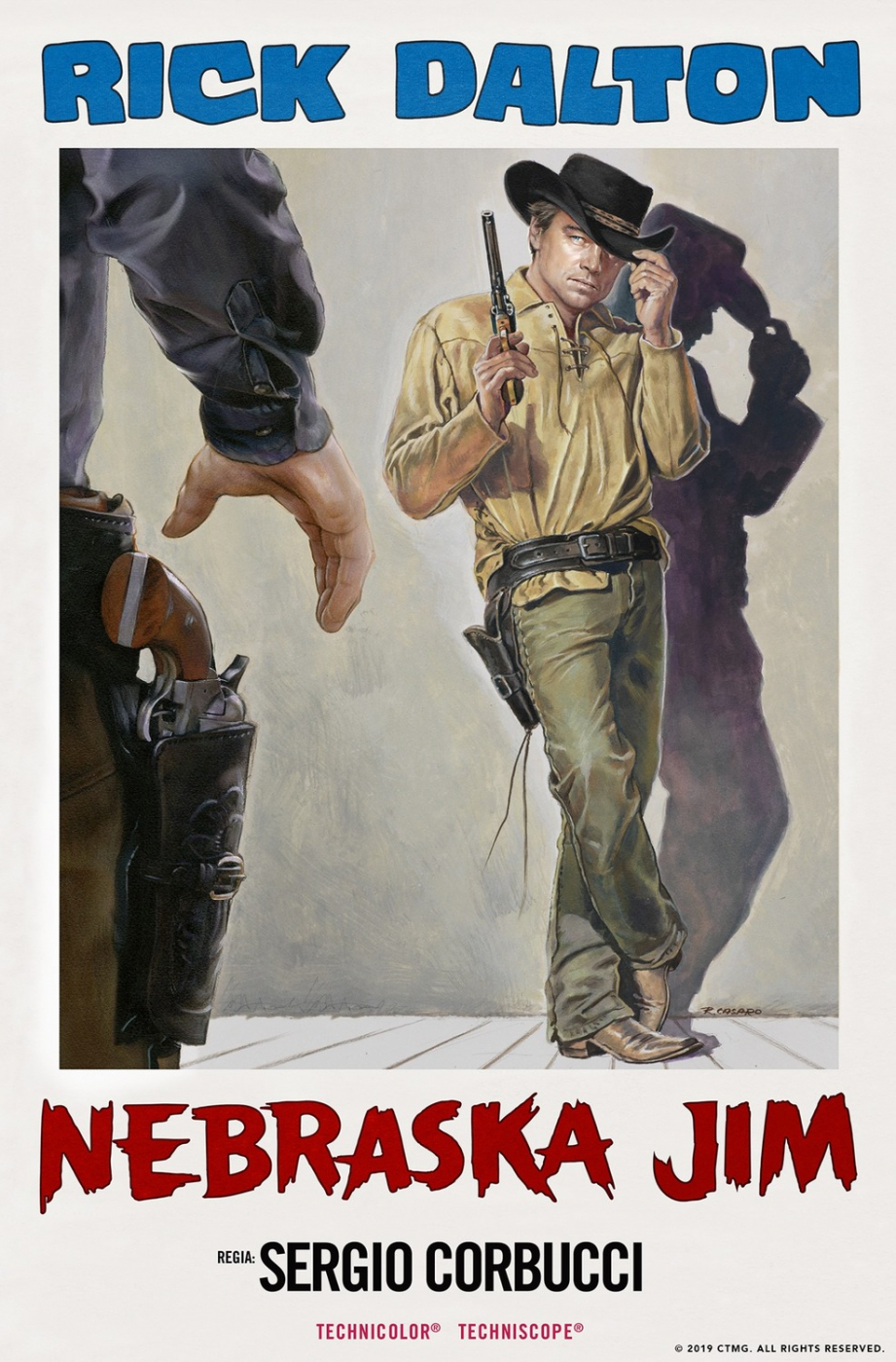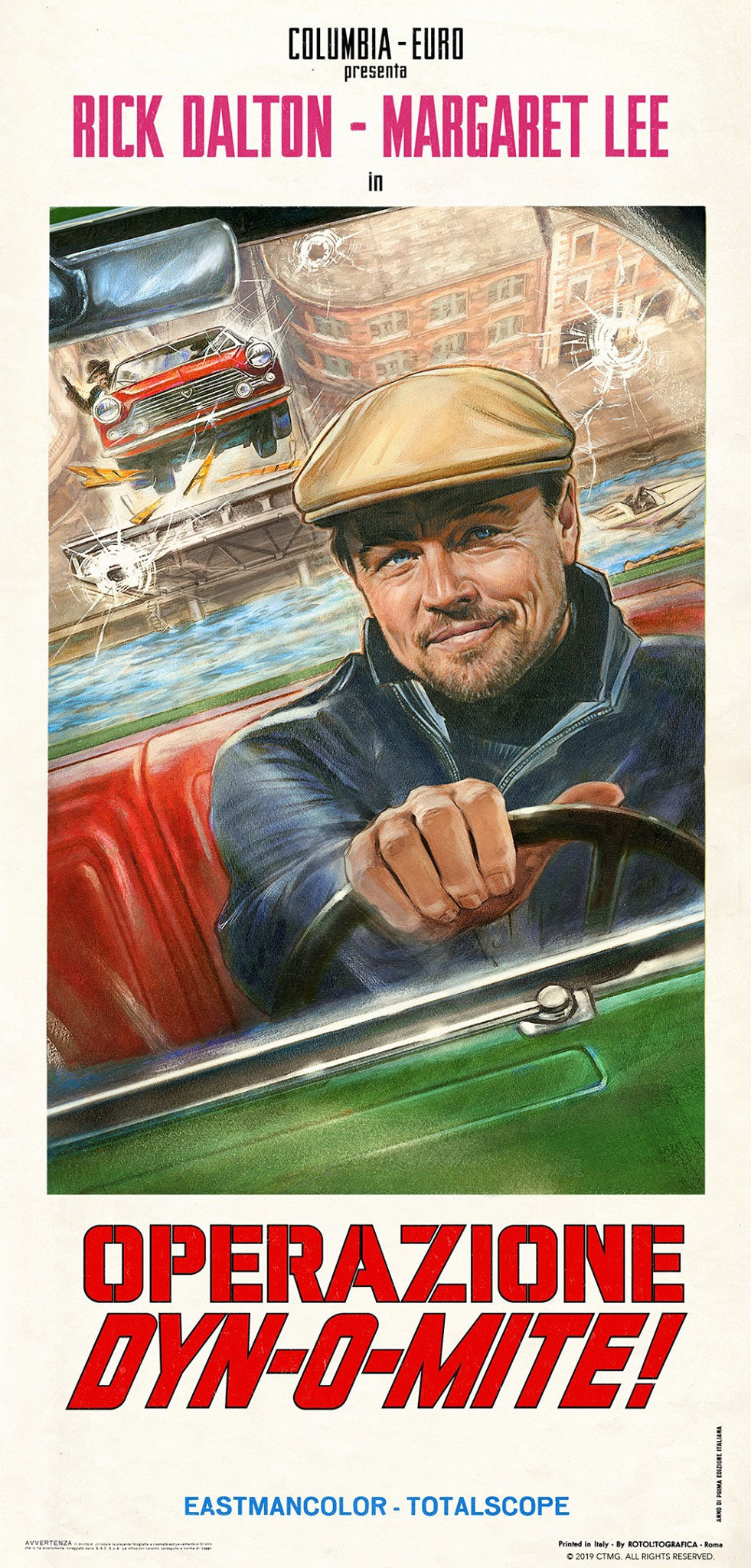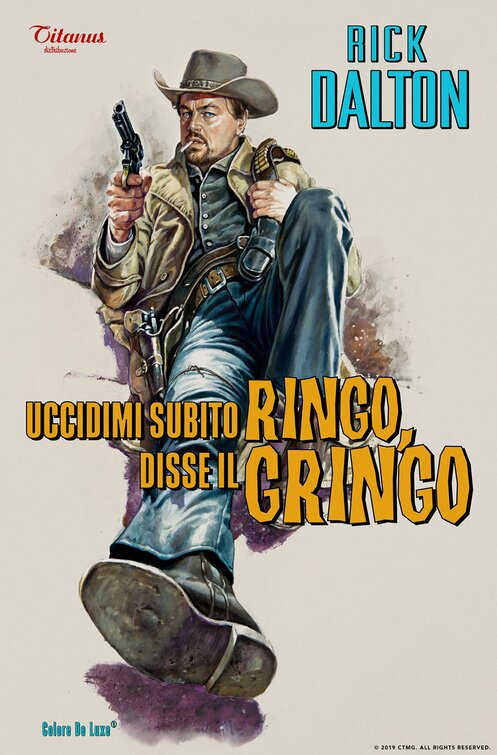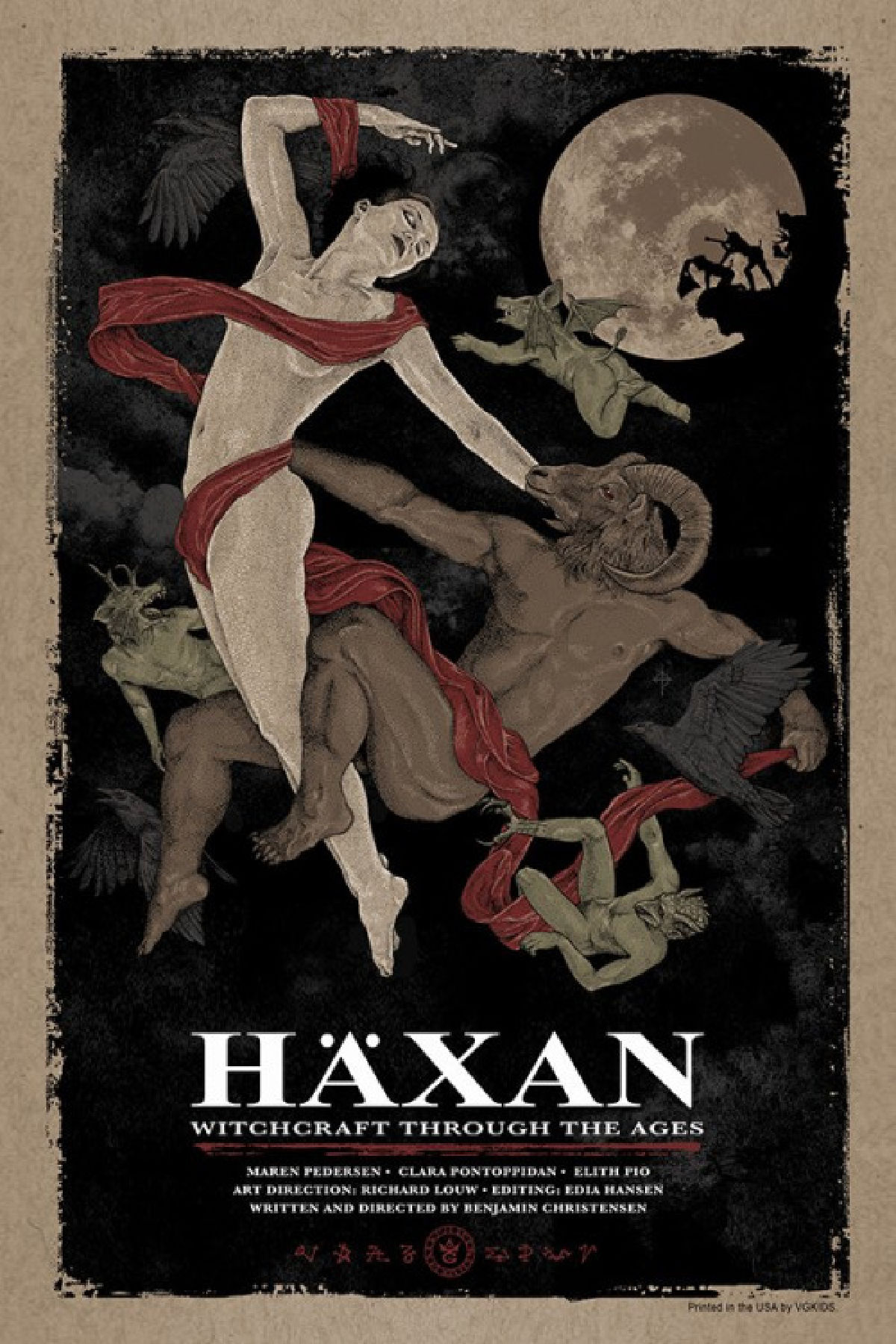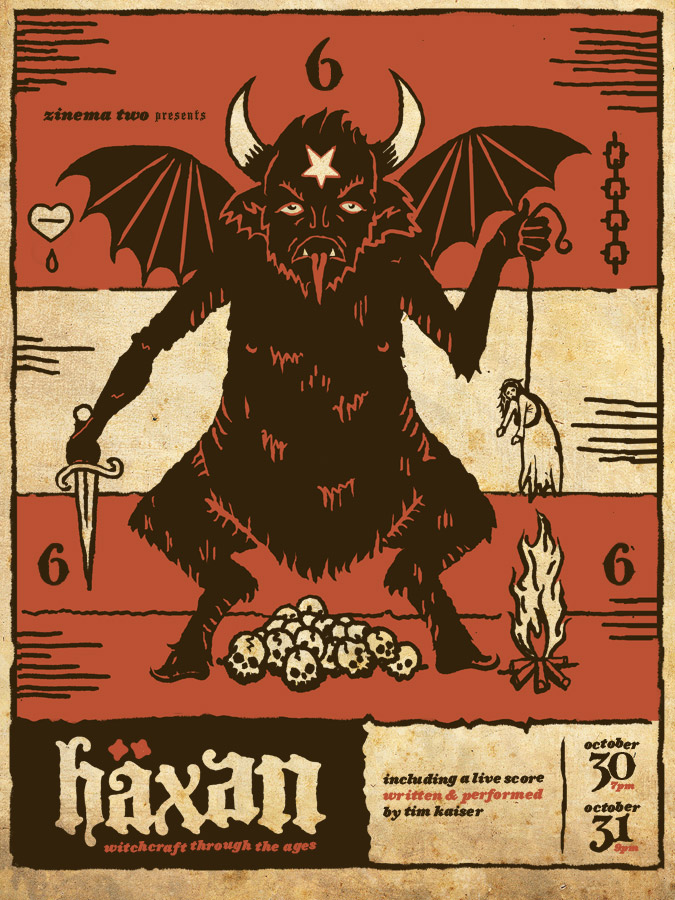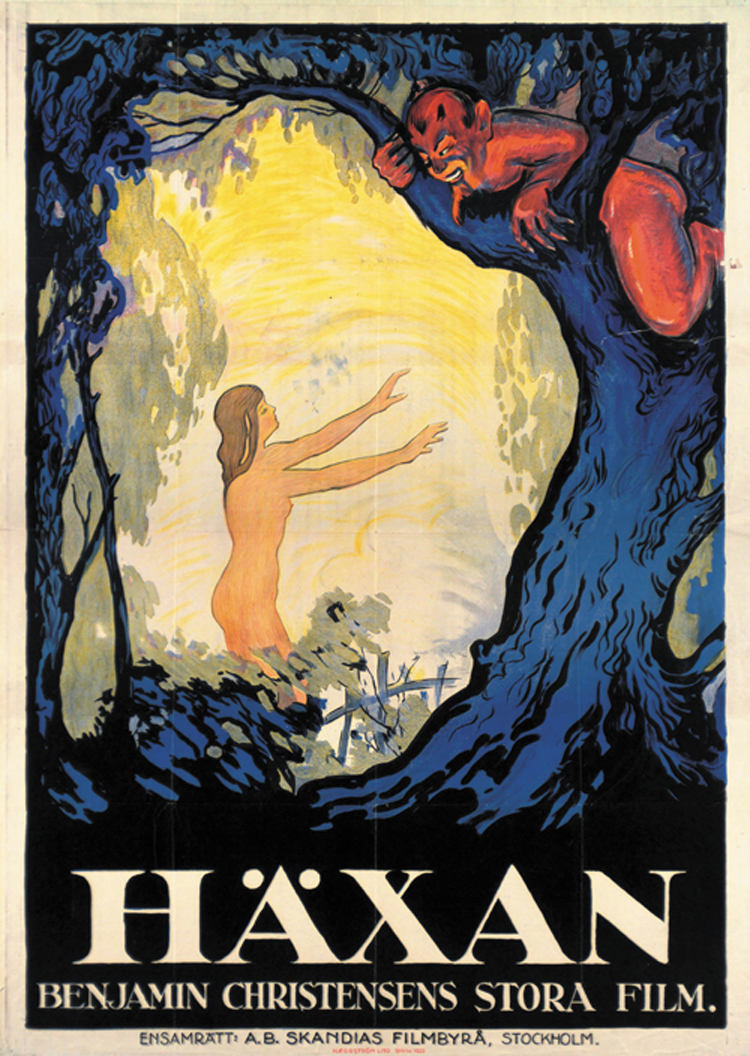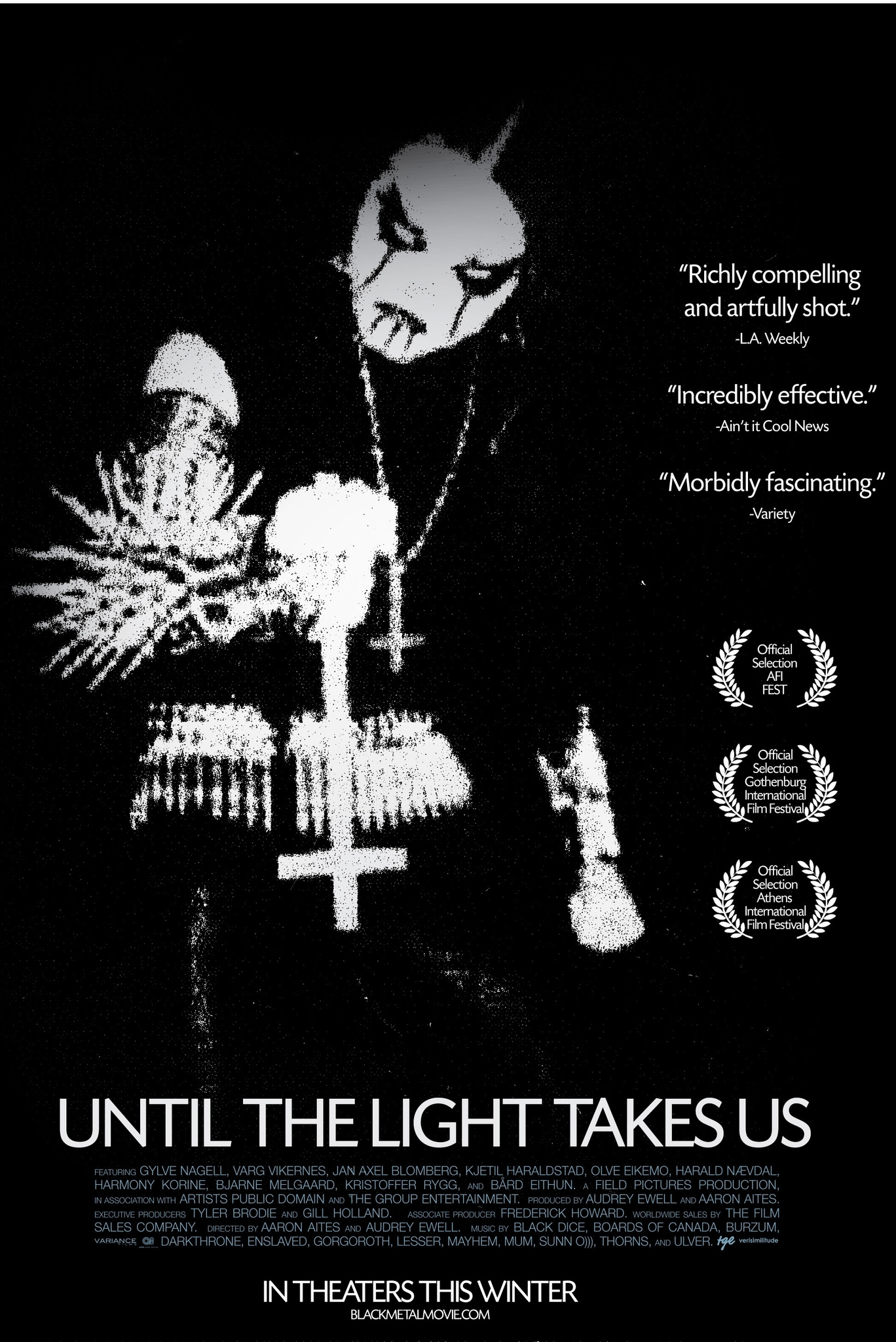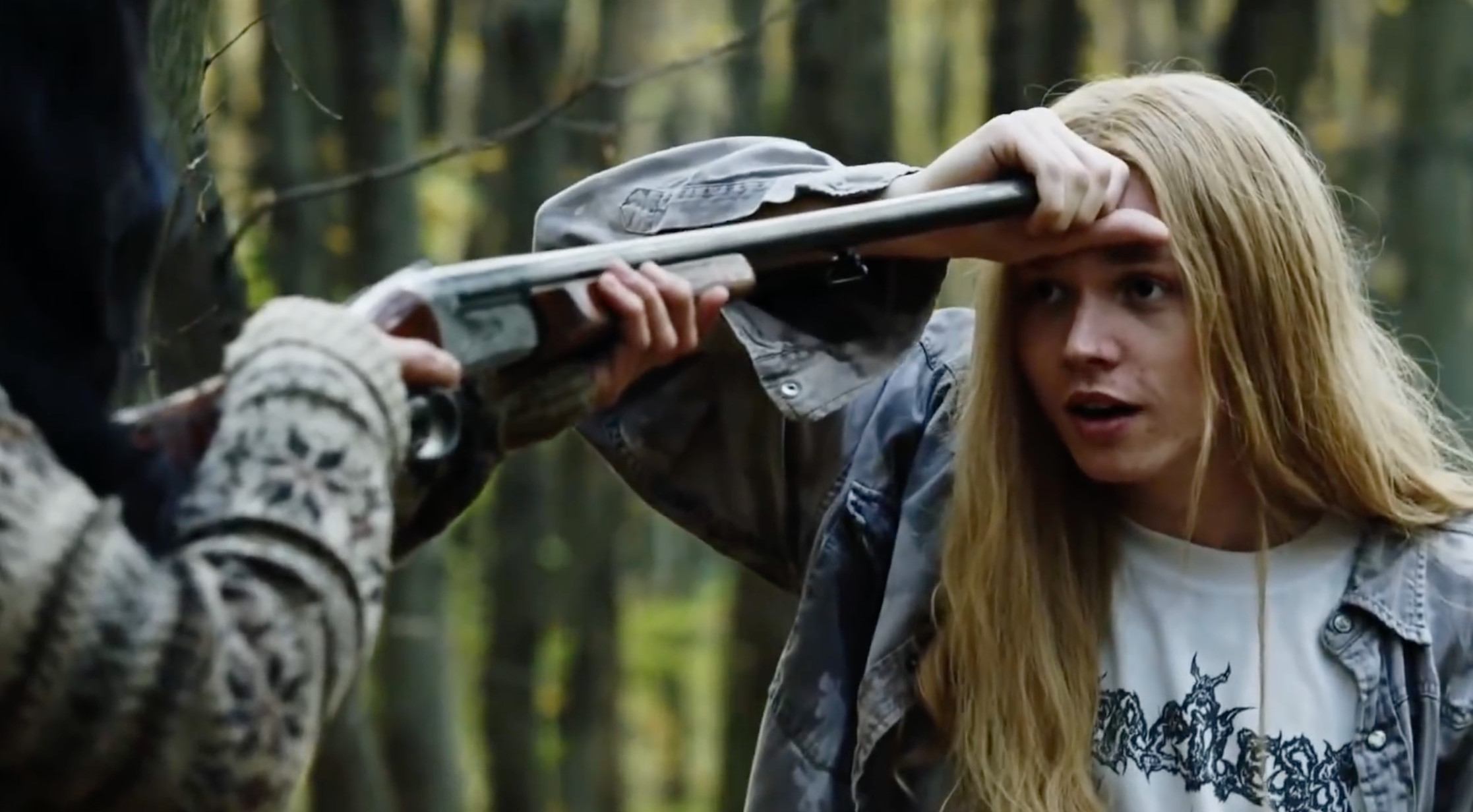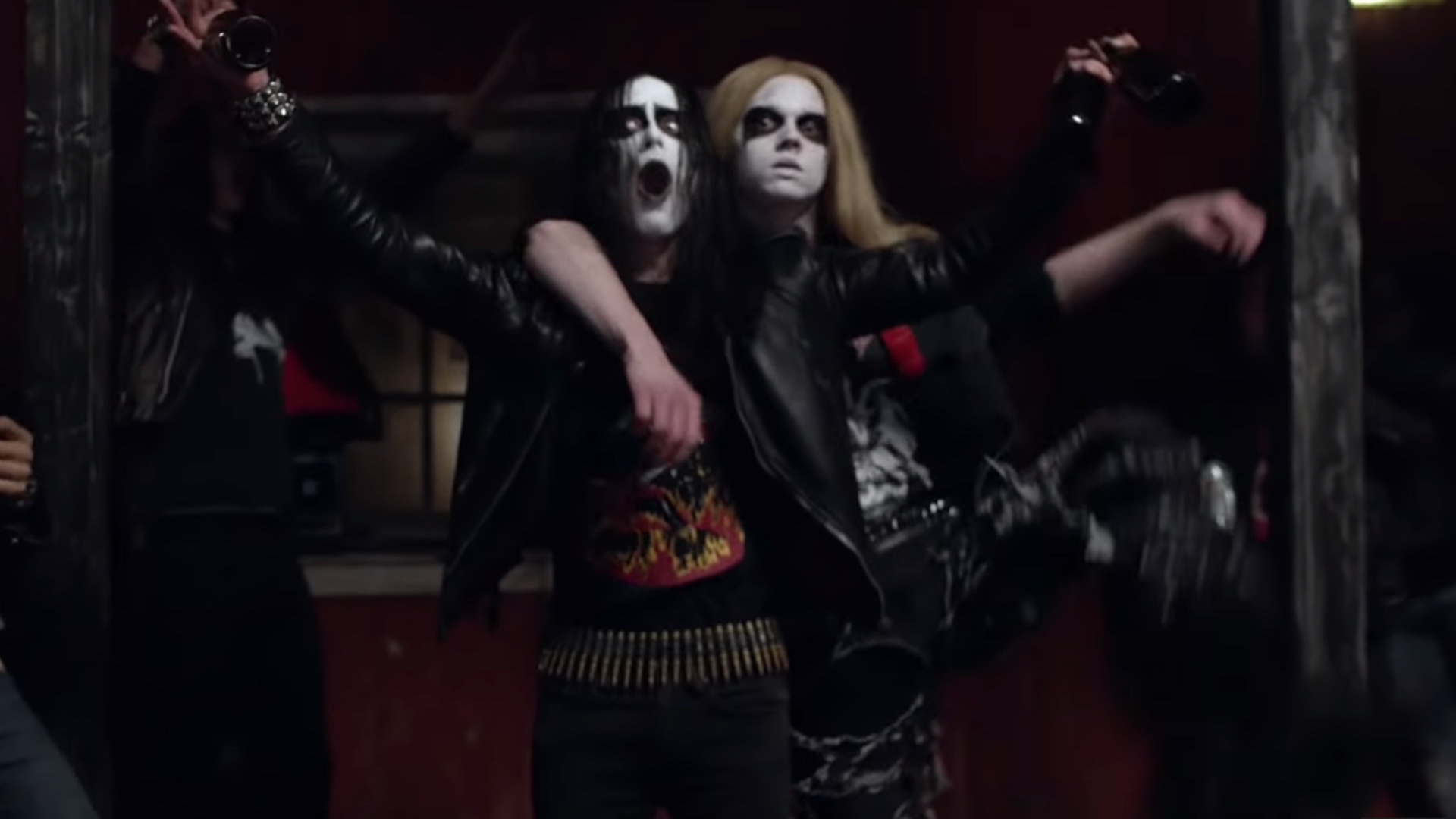Kuyashii Gonzo: Blood Visions and Chaos Magic is a Gonzo documentary film directed by Jeff Frumess about trying to make art against all odds, including pandemic, death, and unemployment. It is about acknowledging what feels like failure, dusting yourself off, and trying again. It’s about never giving up.
Read MoreCharliefits and the House of Wolfman
Charliefits and I first met (along with Bobzig) backstage at a Danzig show at Chicago’s beloved Congress Theater (RIP) in 2008. We clicked immediately over our love for “Uncle” Glenn’s music as well as a variety of other shared interests. In the years since, I have watched from afar as Charlie has taken something he excelled at and apply it to all of his various interests in music and film to create gorgeous DIY collectible figurines. So skilled was Charlie in his work that what started as a fun hobby has turned into a full scale business operation with many, many satisfied customers along the way.
Watching this from the sidelines has made my heart gush open, proud as hell for my friend. I am so happy for his success and only hope that it continues to grow bigger and bigger. I think I gravitate to this story in particular because it is a phenomenal example of how investment of time, energy, and love in one’s passions yield success as a byproduct and not the desired end result.
If YOU reader are into REALLY COOL collectible figurines of your favorite pop culture horror/scifi icons, then go check out Charlie’s ESTY HERE - https://www.etsy.com/shop/HouseofWolfman
Follow him here at @Wolfman138 on Instagram
#SUPPORTINDIEART
#SUPPORTINDIEHORROR
In the words of our beloved band, I only say to you - Charliefits, “GO! GO! GO!….. WHOAAAAAAA!!!!!”
Tarantino’s 9th FEETure: Once Upon a Time in Hollywood Review
Tarantino’s 9th FEETure:
Once Upon a Time in Hollywood
It makes sense that QT is planning to retire after a 10th film (although it won’t last in the long run). He has been slowly evolving over the last 15 years to a point where he is beyond making films and now he is simply working in the wrong format. The change really started with Kill Bill (a flawless masterpiece on every level) and seems to have reached a breaking point with Once Upon a Time...In Hollywood.
Each new “film” he makes feels more like a tapestry of wonderful scenes with phenomenal dialogue that suffer from overindulgence. This due in part to the possibility that QT is surrounded by too many “Yes Men” who are not going to help him shape and sculpt his work into something that cohesively feels like a singular cinematic movie instead of the sprawling collage of tangled (yet entertaining) structureless narrative.
Initially, OUTIH started out as a novel and it really shows as it feels like a completely different beast from everything else he has done. The dialogue is vastly different, not for the worse - but more of a departure from the signature stylized voice that he is synonymous with. I also found the minimal plot to be far too bare for Tarantino’s usual self-indulgence. Brad and Leo’s “arcs” feel much more like POV chapters in a book. And without a more structured plot to drive us forward, I felt the running time much more than I normally do when seeing a QT film, even The Hateful Eight. Of all his films, Kill Bill truly encapsulates the perfect ratio of plot/running time in a QT movie (after the beginning of this evolution to long form TV). Not sure if that makes any sense… It does in my head.
Also, that is not to say that the subject matter, individual scenes, characters, setting/production design, scenes (on an individual level) were not enjoyable - but it was not as smooth and easy to digest as the others. I think it will probably take a second or third viewing to further cement these feelings.
Tarantino has said this is his most personal film. My friend “Tony” floated me the idea that Rick Dalton is simply an extension of Tarantino and his anxieties of trying to stay relevant as he obsesses over what his legacy will be. Perhaps this all plays into his planned retirement after one more film?
Partners
Leonardo DiCaprio and Brad Pitt as the almost-washed-up-drunk Rick Dalton and his lethal stunt double sidekick Cliff Booth have wonderful chemistry together. Their partnership and underlying characterization plugs right into QT’s obsession with cowboys, cops, and the like from the 50s, 60s, and 70s. And much like Kato from The Green Hornet, it’s the sidekick (and his wonderful dog) who mostly ends up doing the heavy lifting.
Sharon Tate
I personally detest most true crime stuff and was very nervous about what he would do with the tragedy of Sharon Tate. Whatever happened would definitely affect the way I would feel about the overall film. It didn’t help that there was a bunch of controversy surrounding how much screen time Margot Robbie had - which began to fuel my suspicion of the worst: Sharon Tate would be nothing more than an exploited sacrificial “prop” meant to be gutted in the background while QT’s characters (probably Leo and Brad) would be bumbling around in their own storyline, right under history’s nose.
To my great relief, the resulting film couldn’t be farther from that truth and I thought it was a touching gesture considering all of the disgusting reenactments/retellings of this poor (pregnant) woman’s final terrifying moments. Instead, we are given a (pseudo-clumsy) sleight-of-hand magic trick where we think we know where it is going despite knowledge gleaned from the past.
I didn’t specifically read anything into her lack of dialogue. While she doesn’t speak much, she exudes a graceful presence. Margot channeled a living candlelight vigil to the real Sharon Tate and all of her hopes and dreams, the pride she showed in her work, and most importantly allows us to imagine what could have been for her (more on that below).
The sad reality is that many of us, (myself included) casually know Sharon Tate as the pregnant actress who was brutally slaughtered by Charles Manson’s followers or simply as Roman Polanski’s actress wife and nothing more. QT changes that with OUTIH by showing us (the real) Sharon Tate acting opposite Dean Martin in The Wrecking Crew. It was a touching, respectful tribute and a true testament to his intentions of having Sharon Tate in the film. Furthermore, we only see Charles Manson in a brief moment in what could have been (and usually is) all about the twisted life/mind/events of Manson and his “family.”
Bruce Lee
While QT goes to thoughtful lengths to delicately handle Sharon Tate’s subject matter, Bruce Lee (in one of the best scenes in the movie) is kind of treated with clumsy abandon and disrespect. Here, we see one of martial art’s greatest icons reduced to some what of an aggressive, cocky, cartoonish fool in Cliff Booth’s fantasy to help himself feel better about not being selected to work on set with Rick Dalton. Within it’s full context, I don’t think Mike Moh is actually meant to be playing Bruce Lee. Instead, he is playing Bruce Lee as how Cliff Booth imagines Bruce Lee to be. The idea and the scene are brilliant and add to Cliff’s characterization…
Oops
And as I think back to the scene itself, and the recalls to Cliff killing his wife, I am now realizing that perhaps I am wrong and it wasn’t a projection of what would happen but rather a flashback to what had happened before. If that is the case, then it is I who is misunderstanding the scene. Uhhhhh...
Feet
QT LOVES feet. I mean, he really, really, really, loves them. There are marvelous stories about how much he loves women’s feet. OUTIH goes out of the way on a few occasions to remind us of that in a big way. It makes me wonder a whole bunch about the casting process on a QT film. I would not be surprised if they were shoeless auditions.
Slapstick Violence
Tarantino has gotten to a place where he loves to communicate brutality through comedic means. Continuing a trend that also sort of started with Kill Bill, OUTIH crescendos with goofy, over-the-top slapstick violence. So much so that it leads me to believe that Quentin Tarantino would be the perfect candidate to make an Evil Dead (or 3 Stooges) film. If Sam Raimi, Robert Tapert, and Bruce Campbell reigned in Tarantino on a short enough leash, we would wind up with a great fourth entry.
I am not sure if it is QT’s intention, but he always seems to justify his punishment-through-violent-wrath with the lowest common denominator of common sense morality of good and evil. Which is not to say that it is invalid or weak, but merely common sense. There is no Walter White nuance here.
I found this antagonistic device satisfying as I watched the hilarious depictions of Chekov’s dog and flamethrower destroy two evil women and one evil man. Is it exploitation? Misogyny? I am not sure, probably on some Freudian level.
Playing with history
Watching the conclusion of OUTIH feels like therapy in a certain sense, by confronting the demons of a real life traumatic event in our pop culture’s history.
I cannot speak to this experience (and wish to remain sensitive), but I have heard survivors of rape discuss how they have worked through/confronted/dealt with personal trauma by watching movies like Last House on the Left and I Spit on your Grave. If QT is a purveyor of pop culture mash up or as I read recently on Facebook, “A Cultural DJ” of sorts, is this his way of dealing with this tragic, traumatic, public historical event as a whole? It might be a bit tasteless/inappropriate to try and compare the two in this analogy, but perhaps the ideas behind both are similar in nature. I’ll leave it at that.
Bottom line, seeing Sharon live and the Mason Family killed in this alternate history left me with a cathartic feeling as the credits rolled. Yes, she died IRL, but this one time, she didn’t and it was beautiful.
Insider Baseball
Regarding the “Cultural DJ” observation gleaned on Facebook, there are oodles of noodles of tasty cinematic easter eggs/nods like all other Taratino affairs. But QT takes the insider baseball to a (somewhat agonizing) whole new level with OUTIH. The level of care and detail is astounding. I’ve heard various people online essentially exclaim that this is Tarantino letting his geek flag fly loud and proud. But isn’t every Tarantino affair a similar flag waving? Is it too distracting? I think cinemaniacs (like myself) are so blindly frothing at the mouth over stuff like the fictional filmography/history of obscure spaghetti westerns that they are overlooking a lot of problems with the movie as a whole.
On an individual level, the detailed TV production/Hollywood business scenes featuring Rick Dalton are wonderful to watch, but don’t work as well when Cliff Booth’s storyline is far more interesting. Every time we cut back to a long Rick Dalton scene, I found myself pulled out of the movie, wondering where this was all going.
The Big Screen has gotten too Small.
Tarantino ultimately needs to go from the big screen to the small in order for him to continue telling larger and larger stories. With a few heavy hitter producers keeping him in his lane and a solid TV network that will give him the keys to the kingdom, he’ll be able to make some of the best long form episodic, serialized television we have ever seen.
The Pixies: On Graveyard Hill
The Pixies
…“On Graveyard Hill.”
The Pixies have been trying out their newest songs live as they make their rounds touring - in anticipation of their forthcoming studio album in September, 2019. It is called “Beneath the Eyrie” and available for preorder HERE.
Songs played live include: Death Horizon, Saint Nazaire, Catfish Kate, Bird of Prey, This is my Fate, and The Arms of Mrs. Mark of Cain.
All in all, the new material is fantastic, but there is one song in particular that really feels like it could have been written sometime between 1987 - 1988. It’s called “ On Graveyard Hill.”
There is something inherently magical about music and lyrics of Pixies songs. They invoke surreal, visual imagery. “On Graveyard Hill” is a profound addition to their catalogue.
Thanks to Lukretiah 101 and AKF Live on YouTube, I was able to listen to it over and over - until inspiration struck for a music video using the live footage/audio.
This song felt like it needed juxtaposition with silent cinema like the Swedish documentary film - Haxan: Witchcraft Through the Ages (1922). Additionally, I incorporated some shots from the Fritz Lang’s epic Metropolis (1927).
With other cinematic influences like this or that, I’d like to imagine that the Pixies would approve of my choices and until we get the studio version, this tweaked live mix will do.
Lyrics
From the user “yarbles” - rank “Cult of Ray” at the Frank Black Forum:
”GRAVEYARD HILL (aka The Witching Hour, members of the band's crew have confirmed to a couple people that the song is actually named Graveyard Hill)
LYRICS (as best as I can make out)
And when the moon grows smaller
Donna picks out a flower
Gives her a witchy power
In the witching hour
In the witching hour
Donna taking a potion
Eating all my devotion
Fucking up my emotion
In the witching hour
Donna picks out a flower
In the witching hour
On the graveyard hill she's calling out her curse
I'm taking my last breath with each chapter and each verse
and soon I will be killed
In a poisonous forest
Donna lighting her torches
Her eyes are flying saucers
Her hair is black and gorgeous
I see her down at the crossroad
She could lead me to madness
She taking me into darkness
In the witching hour
In the witching hour
In the witching hour
On the graveyard hill she's calling out her curse
I'm taking my last breath with each chapter and each verse and soon I will be killed
On the graveyard hill she's calling out her curse
I'm taking my last breath with each chapter and each verse
and soon I will be killed
Yes soon I will be killed
Other Cinematic Influences
Loads of Posers - Chasing the Chaotic Image
Long before there were Hipsters,
there existed Norwegian Black Metal.
Originally published at Ghastly Grinning, February 24, 2019
Lords of Chaos opens with some text that perfectly sums up what you are about to watch. “This film is based on Truth… Lies… and what really happened.” Reading that really allowed me to divorce myself from trying to unravel truth and just enjoy the story. I had a big problem with this in Bohemian Rhapsody. You can’t deviate from the truth with such an iconic, popular figure. I found it to work much easier with a film about an obscure subculture that no one really knows much about.
Lords introduces us to Øystein Aarseth aka Euronymous - the guitarist and mastermind behind one of the first Norwegian Black Metal bands, Mayhem. Euronymous omnipotently tells us the story of his struggles with his extreme music subculture, his troublesome friendships, and ultimately his own death. I haven’t read the book that Lords is based on (yet), but I was familiar with the story because of the Until the Light Takes Us documentary that it came out years before.
Writer/Director Jonas Åkerlund takes true crime material (that he knew at an intimate level, being the drummer of Bathory) and with painstaking detail, crafts it into an excellent heavy metal black comedy/horror thriller. Particularly, the comedic elements that permeate the whole film from beginning to end are brilliant, making for scathing, effective satire. He masterfully distills a tone that can instantaneously jump from being deadly serious to being deadly ridiculous. To invoke Mick Garris’ elegant terminology (by way of Elric Kane on Shockwaves Podcast), the comedy is SO black, that it ends up being as red as all the blood spilled in this film.
Just like the human body needs electrolytes for hydration, so does Lords need this comedy to balance the incredibly grim and graphic violence running through its veins. This is not cartoonish slasher decadence. It is the dark, matter-of-fact reality that occurs when you stab someone with a knife or blow your own head off. The film doesn’t sugarcoat the situation, the camera doesn’t cut away, and it is BRUTAL. BRU-TAL. It is the authenticity of this violence along with a lack of score that pays a sort of respect to these very serious things that really happened to actual people. Despite its content, nothing feels overly sensationalized or exploited. But that is not the case with most True Crime, more on that later.
The story itself is framed by this juxtaposition of wholesome Norway and the true Norwegian Black Metal scene within. It is the very vital foundation needed for this sort of satirical commentary. Several times throughout the screening, I am reminded of the Goth kids from South Park who mirror the perfect symbolic reflection of the goofy tongue-in-cheek celebration of all things dark and evil.
Subcultures tend to be the revolutionary counter-culture reactions to some sort of socio-political turmoil. But with the Norwegian Black Metal scene, you have this really nice place where nothing bad ever happens. There is no crime, no oppression, everyone has healthcare, but 75% of the population is Christian. And so the disenfranchised youth ends up taking on this extreme reverse ideology as a form of rebellion and expression of individuality. They despise the message of love that Christianity encompasses as a whole. At one point, Euronymous proselytizes his desire to spread things like hatred, sorrow, and evil.
Within this music scene, there is an obsession over purity and authenticity. Universally, in the prison system, one of the worst things you can be is a snitch or a rapist. For any musical subculture, it is being a poser. It is a word that gets thrown around constantly in Lords. For these guys, the music and lifestyle are a “religious” means towards a path of the authentic nirvana that they so deeply crave. As actor Rory Culkin said, ‘They are the hipsters of the metal world.”
Encompassing this cultivated dark image requires full commitment. But it is not so easy when Mom and Dad subsidize your life style by investing in your epic Black Metal record shop, or give you potted plants to take back to your pad. There is a brief moment when Bård Guldvik "Faust" Eithun (who lives at home) is halfway out the door to murder a gay man before mom innocently calls out to him about his whereabouts. You have to try really hard to be evil, no matter how much Mom loves you.
The seemingly never ending elitist quest to be the most extreme also comes at the price of everyone trying to outdo one another or impress each other. Swirling in the epicenter is the adversarial friendship between Euronymous and Kristian aka Varg Vikernes. They both want the same thing: To be taken seriously. But they go about it in polarizing ways.
Varg initially craves acceptance from this peer group. His initial awkward attempt to enter their black circle is rebuked by the Scorpions patch on his jacket when Euronymous dismisses him with a contemptible glance. Eventually he is given a Indiana Jones like test in Euronymous’ shop where he is told that the real Metal is hidden and if he wants it, he must find it. His childlike naïveté leads him to think these guys are the real deal, and so he too must prove himself by committing arson.
Rory Culkin is truly a chameleon, losing himself in the role of Aarseth/Euronymous. Jonas deliciously casts Emory Cohen, a Jewish actor to play the very anti-Semitic Varg. Much like the people that portray them, Euronymous and Varg are both are actors desperately trying to fit into their Black Metal personas. While Euronymous can turn it on and off (especially when things get illegal), Varg cannot. Underneath it all, Euronymous is a lazy, opportunistic braggart who is more than happy to take credit for these crimes in order to further bolster his carefully crafted image. Despite his superficial foul mood, he is patient and polite when it comes to the proper spelling of his forthcoming album De Mysteriis Dom Sathanas to Kerrang magazine.
Varg seems bedeviled by a soft upbringing that is heavily implied, he is mocked for his “Kristian” name. One can’t help but think that this was a personal barb against the real life Varg who is an observer of Odinism/Paganism that despises anything Judeo-Christian. Varg’s arsonist motivations are fueled by his resentments towards the institutions of Christianity and how they erased the Pagan/Norse cultures that existed long before. His involvement in this movement is his twisted way of trying to connect with his Viking heritage. In hindsight, their entire scene feels like a backwards attempt to connect with this past as these modern day Vikings. Their strength, masculinity, and machismo are directly connected to their tolerance of generally unlistenable music.
In the documentary Until the Light Takes Us, the real Varg goes into great detail to justify his “moralistic” retaliation (a firefighter perished as he tried to put out one of the church fires). His calm demeanor, well-read intellect, and soothing voice make him very compelling at times. But then you remember he is a piece of shit Neo-Nazi sitting in prison for stabbing his friend to death…
The film portrays Varg in a vastly different sort of way. He is a stocky, nerdy, socially awkward man child. It is Varg’s stupidity and adolescent naïveté that make him dangerous, fuel his crimes, and get him caught.
Euronymous’ tragedy is that he is always running from his truth: That he is a poser like all the rest. When the crimes of the Black Circle reach a point of no return, he relents, ready to sort of walk away from it all. After finding intimacy with the photographer he is always trying to impress, he begins to take the steps he needs to embrace who he truly is and does the most UNMETAL thing one could do... He lets his girlfriend cut off his hair. I would love to make an analogy to Samson and Delilah here, but I don’t think it fits because Aarseth never had the strength that he perceives in his Euronymous persona. It was always just a fragile, decorative shell that was capable of cracking at any moment. And now, here he is like a soft gooey lobster waiting for a new shell to harden when Varg comes knocking. Although no one will ever know exactly how it went down, Jonas shows us a very sad, ironic, tragic, brutal ending for our narrator as he begs for his life and for Varg’s friendship.
For me personally, I have never enjoyed the True Crime genre and generally find it tasteless - I say this as a horror film fanatic and gore hound. I think on an ethical, respectful level, 9/10 times it is better left to documentaries. Why do we need to see a reenactment of the horrible things that happened to real people? What about their very real families and their feelings? What purpose does it ultimately serve? Why is Lords of Chaos an exception? Because it creates a very important social awareness in the examination of depression, suicide, and the real violence involved when murdering another human being.
We hear all the time about how people commit suicide, sometimes seemingly out of nowhere, especially with celebrities. Depression is this terrible, deadly affliction that the average person simply doesn’t understand. But the tragic portrayal of Per Yngve Ohlin’s (AKA Dead) suicide takes us behind the curtain. It sums up for us that sometimes there is no rhyme or reason why people do this to themselves. Their brains are not wired correctly and they put themselves in very permanent solutions for (what might be) a temporary state of mind.
Dead’s worship of death while alive, seemed to be the only way he was able to really to feel anything at all. For when he is not worshiping at the altar of death he is practically catatonic in a purgatory of boredom and dullness. This existence is so painful for him that he rather not be alive.
Even being aware of the infamous story beforehand, nothing could prepare me for the shock I felt as I watched Dead violently end his life. There was something so real and genuine to the horror of it, no documentary could convey it in the same way. When Aarseth finds his friend, he is confronted with the actual reality of the brutality he pretends to encompass as Euronymous and has no idea what to do. How should Euronymous act? Aarseth decides that his alter ego would take pictures of the corpse, eat Dead’s brains (he didn’t), and make pendants passed off as actual fragments of Dead’s skull (he admits later that they were chicken bones). In his pathetic quest for fame, he goes for the lowest hanging fruit.
In some ways, Lords makes for a great spiritual companion to the punk rock indie classic SLC punk. Both stories circle around two friends in religious/wholesome places, where the main character (who is also the voice over narrator) finds out that he was a poser all along and falls in love. While the real life Black Metal nerds and Varg groupies will lambast and skewer this film, I think Lords of Chaos is destined for immortal cult film status. It is a perfect document for its obscure subculture.












